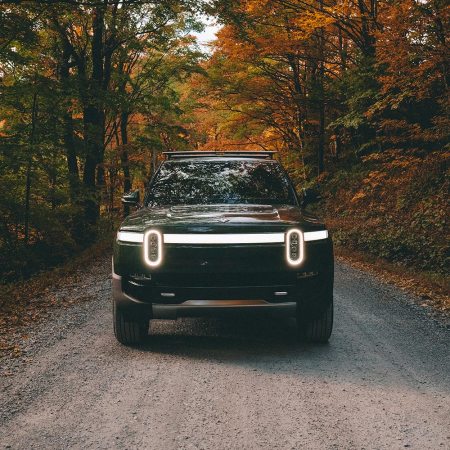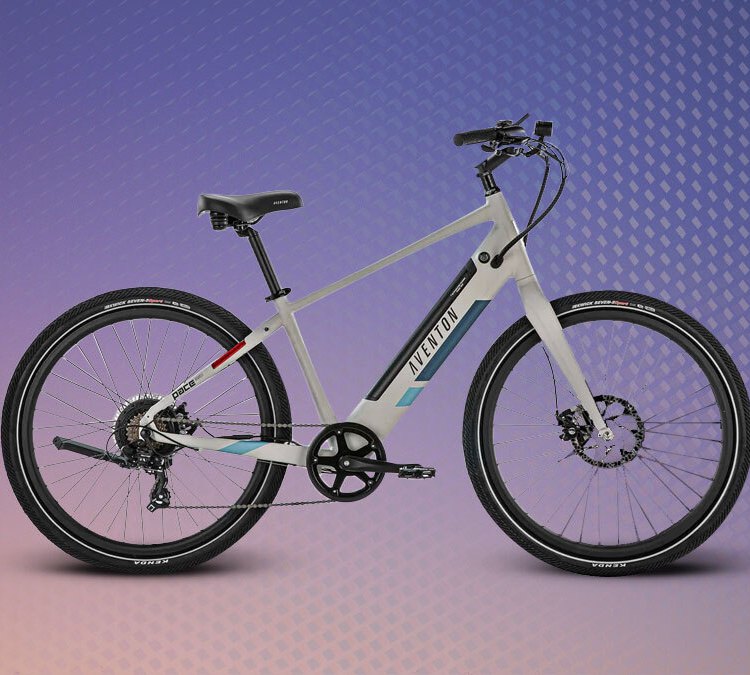Earlier this month, Volvo’s parent company Geely debuted their new automotive brand, Lynk & Co. On its own, not so exciting. But when you realize Geely is actively labeling L&C “a car company that isn’t trying to make you buy a car,” and that their profit model is closer to Airbnb or Apple, things get a little more interesting.
In the name of journalism, we flew out to Berlin for a day to check out this new way of thinking about cars.
Admittedly, the phrases “open-source car” and “smartphone on wheels” sound like a fairly hokey business strategy. Every new startup these days wants to apply an old model to a new industry: the Warby Parker of contact lenses, Tinder for dog walkers, etc. But once L&C heads began to explain how they actually envision their business to work (spoiler alert: it has more to do with how customers envision the company to work), those phrases started to make more sense.
The first component is the car itself. As an SUV, the 001 (as it had been dubbed) does not, in any sense of the word, outwardly look like what we expect from cars of the future. Slightly bulky and oversized, perhaps the vehicle’s only real boon is its 24/7/365 connectivity. While that doesn’t sound like that big of a deal (Do we really need another cloud-connected device? Aren’t all cars headed in this direction?), the implications for a connected car on an open-sourced platform can be pretty amazing.
“When you get into a car these days, you don’t have to put a key into a lock,” L&C Chief Digital Officer David Green explained. “What you have on is a token, and that has a radio frequency that allows you to start the car. As long as that is on you, it can be anything: a credit card, a hat. That gets you in. On the other end of that, in the car, there’s a lock, a digital lock.”
That technology is commonplace; many car models now use key fobs in lieu of actual keys. But with Lynk & Co., the device takes an extra leap forward. Because of the car’s connectivity, you can share locks. This would mean the “key” you use to get into a car can be sent to another person, with an expiration date allowing them to access and drive that vehicle without ever having to exchange keys with the owner. And since the platform is open-source, a programmer could then take those tools and build an app that allows users to lend a car to that friend who always needs a ride, or a stranger who needs a car while they’re in town.
Green also sees value in the product for landlords and building owners in busy metropolitan areas: “When you are building an apartment block, the people who build the blocks have to take into consideration how many car parking spaces and how many living spaces there are,” Green explained. “They make money off of the living spaces but not the car parking spaces. What if they just could buy a fleet of cars and provide it as a service to residents of the living spaces?” Sure, that leasing fee will no doubt get passed off to you as a part of your monthly rental fees, but it would still be cheaper than buying a vehicle yourself … and more convenient than using another service.
For Green, the options are endless. Lynk & Co. is essentially providing tools (their car) that third-party companies can use to expand services, much in the way Apple does with the iPhone. And it’s all backed with some pretty convenient consumer-driven service aspects of its own: for example, after purchasing the car, it’s delivered straight to your doorstep. And for maintenance purposes, you simply schedule a pickup from wherever the car is located.
In the end, what they’re providing isn’t another self-driving vehicle or ‘roided-out e-car, but rather, a concept that actually fills a void in the consumer automotive world.
This article was featured in the InsideHook newsletter. Sign up now.





















